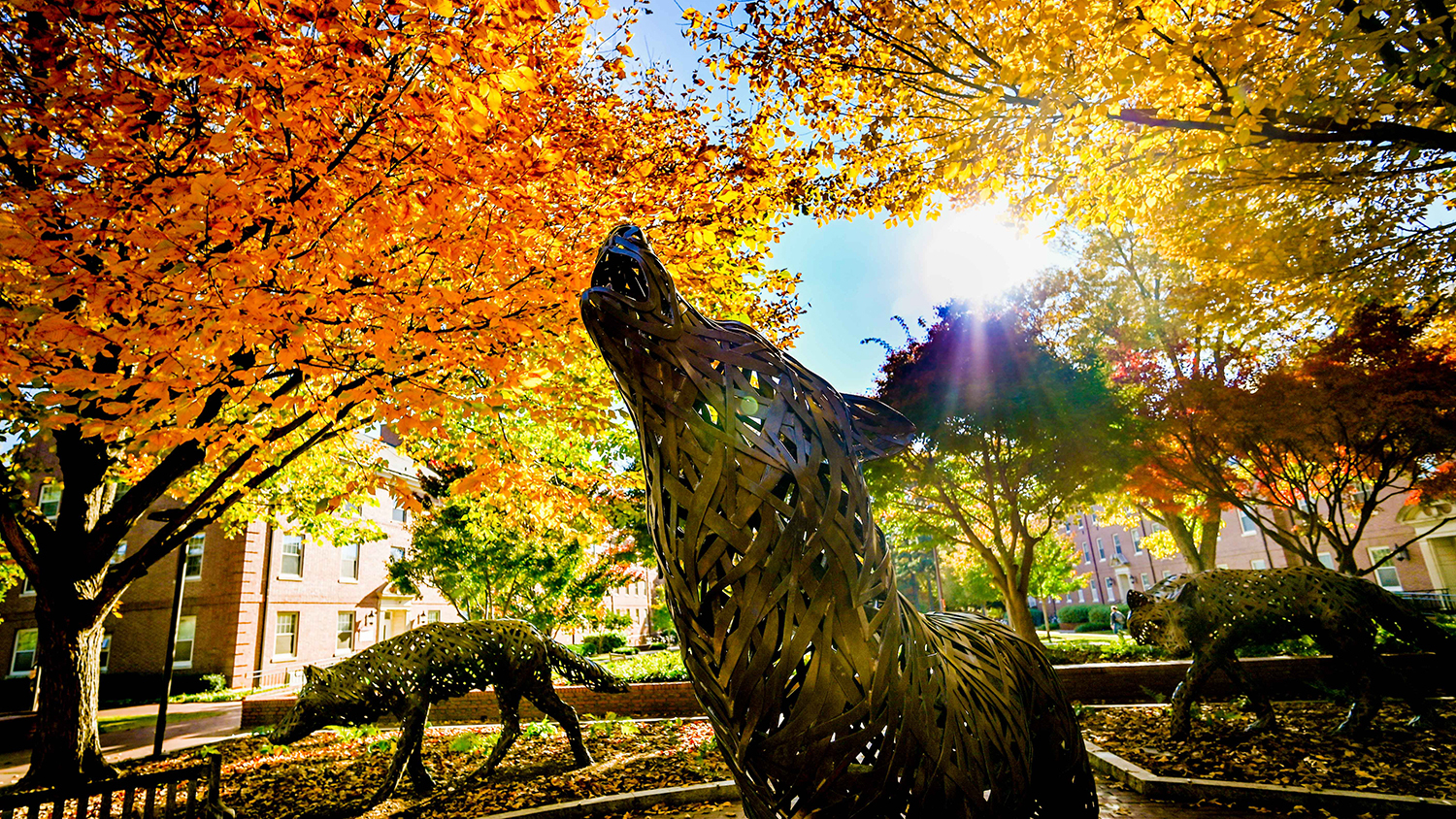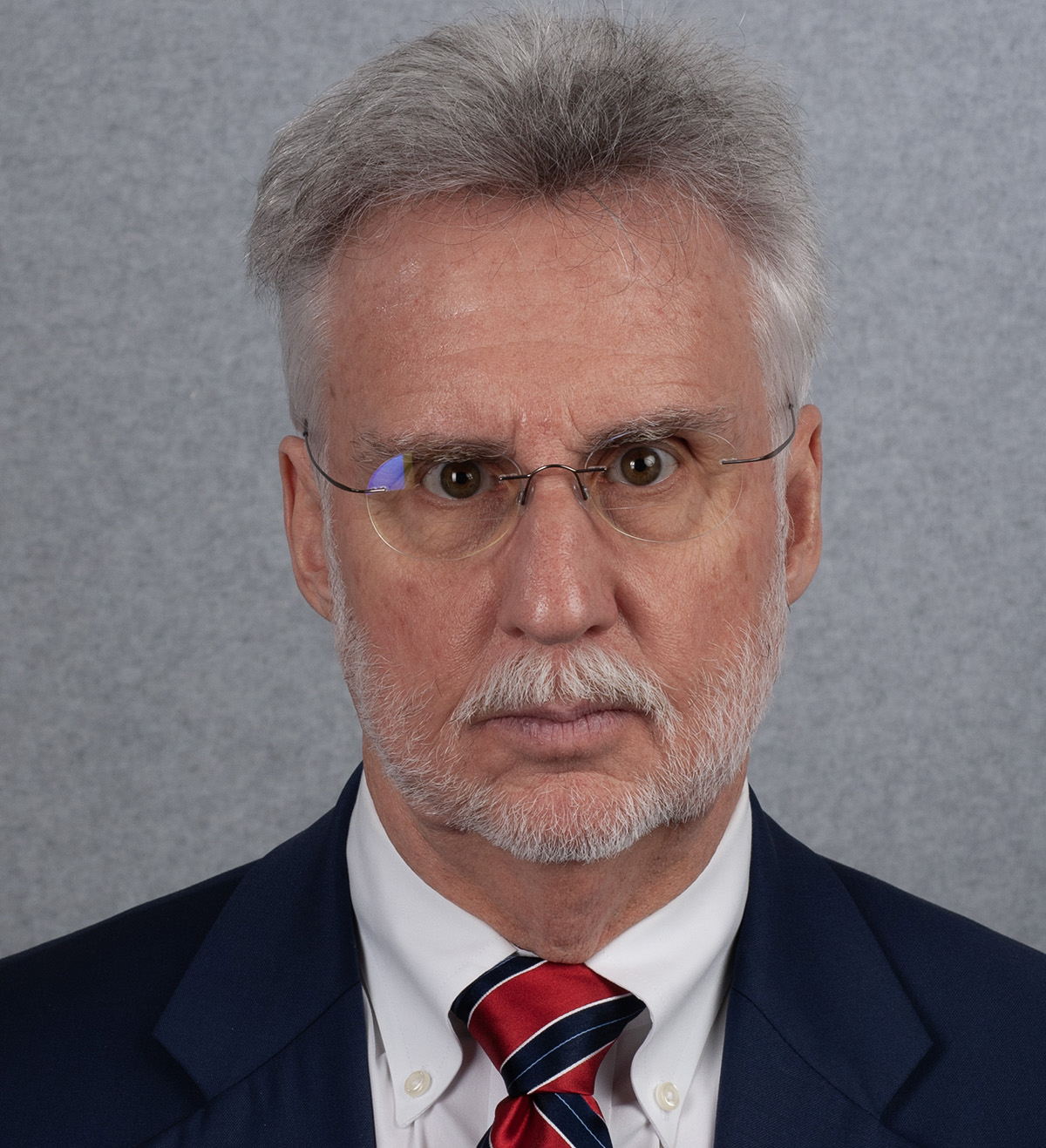Grad student, Boren Fellow seeks answers to youth unemployment in Morocco

Throughout the Middle East and North Africa, youth unemployment rates are some of the highest in the world.
Upward of 30 percent of the region’s population younger than age 25 don’t have jobs. That’s more than double the global average, according to the International Labor Organization.
In Morocco, the story is no different. NC State graduate student Mary Sloan wants to know why.
As a 2015 recipient of the prestigious Boren Fellowship, Sloan is spending 10 months studying in Morocco, researching what’s keeping young people from finding employment in the region. In addition to studying Arabic during her stay, Sloan plans to survey Moroccans ages 18-30 and also area employers.
“This will allow me to capture both the demand and supply-side constraints,” Sloan said.
Her research will also include interviewing donors and program officials from current youth employment programs.
“Combined, I am hoping to use this data to evaluate the reach of these programs and their effectiveness,” Sloan said.
After studying Arabic and economics at the University of Illinois, Sloan enrolled in NC State’s Master of International Studies program in 2013 to further explore her interests in development issues in the Middle East and North Africa.
The Old Medinah in Tangier, Morocco. Photo courtesy Mary Sloan.
The summer before she began her graduate studies in NC State’s School of Public and International Affairs, Sloan spent two months in Fez, Morocco, studying Arabic. She fell in love with the country, she said, returning the next summer through a College of Humanities and Social Sciences Paula G. Cothren Global Scholarship to intern with the High Atlas Foundation, a nonprofit that creates sustainable development projects in Morocco.
“As an intern, I was able to see firsthand how these projects were developed, implemented and evaluated,” Sloan said.
The internship was also the first time she learned about the Boren Fellowship. One of her peers had received the international study award to research Moroccan language.
“It was exactly what I wanted to do after finishing my coursework, and so I decided to apply,” Sloan said.
The application process was straightforward but rigorous, she said, requiring three different essays for her proposed project. Luckily, Sloan said, NC State Scholarship and Fellowship Coordinator Tiffany Kershner was there to help.
“She read over my essays numerous times and is very knowledgeable about the whole process,” Sloan said.
School of Public and International Affairs professor Mark Nance helped her iron out the details of her research project and SPIA professor Jeffrey Diebold and NC State’s Arabic Section Coordinator Jodi Khater wrote her letters of support.
“I can’t over-emphasize how helpful and supportive these individuals were,” Sloan said.

Graduate student Mary Sloan stands in front of her winning poster at the 2015 NC State Graduate Student Research Symposium.
While her latest research will focus on youth unemployment, Sloan has also studied the impact of humanitarian aid. At the NC State Graduate Student Research Symposium in March 2015, she won first place in the social sciences and management category for her poster, “Measuring Need: The Spatial Placement of Aid in Morocco.”
Among other findings, results from the study suggested that donors have typically aligned aid with impoverished areas rather than human security hot spots, or areas where environmental, economic, food and health insecurities overlap.
After studying in Morocco, Sloan will fulfill a one-year commitment to the U.S. government, a requirement of the Boren Fellowship. She wants to continue monitoring and evaluating development projects and will apply for positions with the U.S. Agency for International Development and other agencies working in the Middle East and North Africa.
“Hopefully I will find myself back in the region sometime in the future,” she said.
- Categories:


